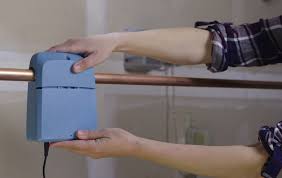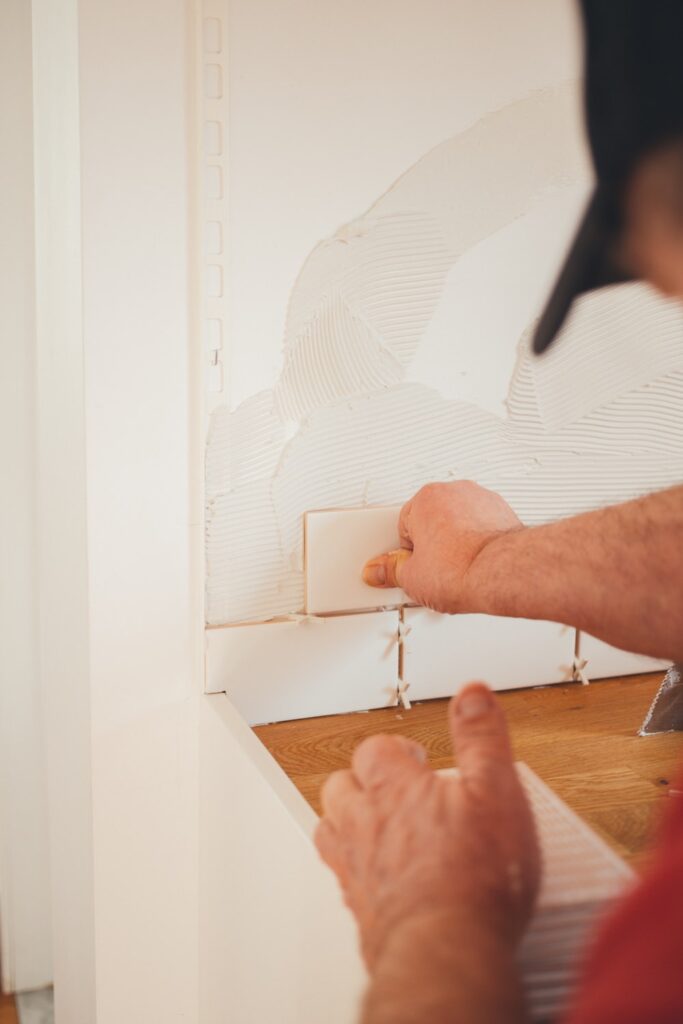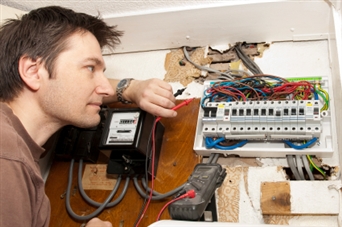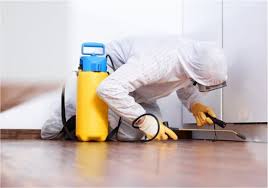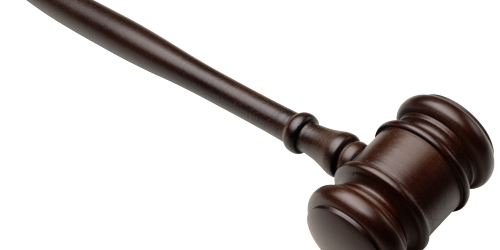Your Home’s Existing Architecture May Affect Your Flat Roofing Replacement
If you’ve looked at all the alternatives and determine that a roofing conversion is really the best option for your home, it’s time to start planning your home’s new architectural design. There are a couple of different ways to go about a conversion. You can install a shallow pitched roof over your existing flat roof, add a trussed ranch-style roof to convert to cathedral walls, or even build a new floor and install the pitched roof above that. Either way, your home’s existing design may interfere or affect the changes you can make. For instance, if you’re not building a new floor into your home, your design may be limited if the existing ceiling joists aren’t arranged correctly. That means you may have to tear out the ceilings below the roof as well. An architect or structural engineer should be able to provide advice on what’s possible in your home—and what additional changes you’ll need to make before you can get your dream roof.
Expect to Spend More for Complicated Roofing Systems
Most homeowners choose to convert a flat roof to a pitched one using a simple trussed roof with two angled planes. While that’s the easiest route, it’s certainly not your only option. Additional valleys, angles, and gables can be built into converted roofs as well—but adding these elements may affect your project. For instance, it may be difficult to build a large gable into a low-pitched roof that you install above the flat roof surface. Always make sure your design gets an okay from an engineer or architect—someone who can sign off on the structural integrity—before making changes.

Pitched roof installation guides
When considering the best roofing solutions, some property owners choose a flat to pitched roof conversion. This can be a good choice for those looking for both functional or aesthetical improvements to their roofing. But is it the right choice for you? Here are a few of the reasons you may choose to convert your flat roof to a pitched structure.
Renovating Your Home’s Exterior
We often look at home improvements and renovations within our property, but what about giving the outside an uplift too? While many people know about the benefits of replacing their windows and doors or painting their brickwork, little consideration is given to how their roofline and general roofing areas could be harming the overall look of the property. A popular place to convert a flat roof to a pitched roof is over the porch or garage areas at the front of the home. The conversion creates greater cohesion between these areas and the main property, rather than feeling like ‘add-on’ spaces. It’s also a simple way to transform the façade, adding an attractive feature with tiles or slates along the new pitched roof. Ultimately, you’ll enhance the curb appeal of your home with this type of change.
Eliminating Problems with Your Flat Roof
While there are plenty of high-quality solutions, when the time comes to upgrade your flat roof, for those who have experienced a lot of issues over the years, you may want to install pitched roofing to eliminate these problems entirely. Unfortunately, some flat roofs made from poorer quality materials or those which weren’t installed well when originally chosen can experience recurring issues. This includes leaks, water pooling, blistering and tears. High performance flat roofs can resolve these problems, or you may decide that pitched roofing will create the effective drainage system you want, while increasing the longevity of your roof.
Improving Home Insulation
Most homeowners understand the importance of creating a well-insulated home, conserving energy, warmth and reducing those energy bills. A flat to pitched roof conversion should be considered for these type of home improvement plans. The insulating properties of a flat to pitched roof comes down to two factors. One is the increased weather resistance provided by pitched roofs. The second is the way in which the conversion is built. At Collier Roofing, for example, we build the pitched area over the existing flat roof. This means you have an extra layer of protection and insulation for your home. Always ask your roofer about the techniques they’ll be using for this type of roof conversion.
The Process of Changing the Pitch of Your Roof
If you own a building with a flat roof, the first thing your contractor will do is consult a structural engineer to make sure your structure can handle the conversion. Pitched roofs are usually much heavier than flat roofs, so an easy replacement may not always be possible. If it is determined that your building can support a pitched roof, the next step will be the removal of all of your roofing materials and the main roofing structure.
Pitched roofs require more manpower and time to install, especially when making a major structural conversion. A pitched roof will require new roof trusses and supports. Any damaged wood will need to be removed and replaced.
A contractor may choose to construct new trusses on the spot or have them delivered pre-assembled once he has taken measurements. Part of the process involved in changing the pitch of your roof will be calculating the cost of all necessary materials. You will choose your new roofing material as well, as this will be completely different from the materials used to cover a flat roof.
Weatherproofing
Flat roofs have a reputation for leaking and this is one of the main reasons people make the switch. Two of the most common reasons flat roofs can leak are:
• Poor fitting –a bad installation may leave gaps in the waterproofing, the roof may lack the slight pitch needed to prevent water collecting on it, or your guttering may become blocked if fitted badly. All of these can allow water to penetrate the roof and enter your house.
• Bad maintenance – a flat roof needs regular attention to ensure its upper surface remains waterproof. UV damage from sunlight, small holes or tears caused by animals and abrasion of the waterproof membrane due to people walking on it can all result in water leakage.
A pitched roof has a significant advantage when it comes to keeping out rain. The roof’s slope allows the water to naturally flow away, minimising the amount of time it spends on the roof.
The materials used for pitched roofs are usually much thicker and harder wearing than those used on flat roofs, making it much less likely they will suffer enough damage to allow water through.

Why Consider a Roof Conversion?
Here are the primary reasons homeowners choose to convert a flat roof to pitched:
- Solution to a maintenance problem. Poor design and/or construction of the existing flat roof may have resulted in frequent or recurring problems.
- Cost. The old roof may have structural issues requiring significant repair or renovation. If corrective measures are extensive, the cost of fixing a flat roof may be close to the cost of converting to a pitched roof—or close enough.
- Longer roofing lifespan. In theory, roofing on flat roofs can last as long as standard materials on sloped roofs, but in reality, pitched roofs tend to have greater longevity. It’s important to compare the durability of pitched-roof materials (like shingles) with high-quality flat-roof materials (not just tar-and-gravel or torch-down roofing), though.
- Easier insulation and ventilation. Flat roofs often aren’t (and usually shouldn’t be) ventilated, and their space constraints make it challenging to achieve high R-values with insulation. Pitched roofs offer more space for insulation and can be ventilated with fewer problems.
- More space. A pitched roof can create an attic space for storage or possibly additional living space, or both. How much space depends on the house size and the slope and structure of the new roof. A pitched roof may also add visual space if the old roof is removed and the new roof structure is designed for a cathedral ceiling.
- Aesthetics. This depends on the house and the owners’ taste. A pitched gable roof is the quintessential roof style in most of the Western world. On the other hand, flat roofs have been a characteristic feature of Modern home design for decades — and for centuries before on various styles of homes. In any case, some homeowners make the conversion for nothing other than aesthetics.

